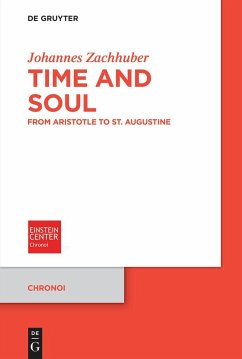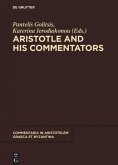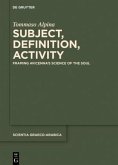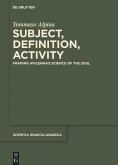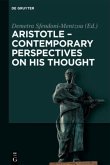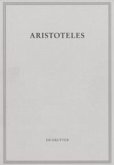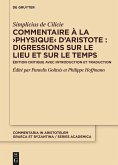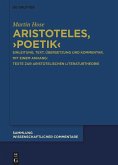Can time exist independently of consciousness? In antiquity this question was often framed as an enquiry into the relationship of time and soul. Aristotle cautiously suggested that time could not exist without a soul that is counting it. This proposal was controversially debated among his commentators. The present book offers an account of this debate beginning from Aristotle's own statement of the problem in Book IV of the Physics. Subsequent chapters discuss Aristotle's Peripatetic followers, Boethus of Sidon and Alexander of Aphrodisias; his Neoplatonic readers, Plotinus and Simplicius; and early Christian authors, Gregory of Nyssa and Augustine. At the centre of the debate stood the relation between the subjective time in the soul and the objective time of the cosmos. Both could be seen as united in the world soul as the seat of subjective time on a cosmic scale. But no solution to the problem was final. No theory gained general acceptance. The book shows the fascinating variety and plurality of ideas about time and soul throughout antiquity. Throughout antiquity, the problem of time and soul remained as intriguing as it proved intractable.
Bitte wählen Sie Ihr Anliegen aus.
Rechnungen
Retourenschein anfordern
Bestellstatus
Storno

